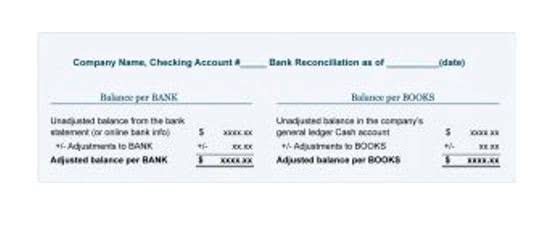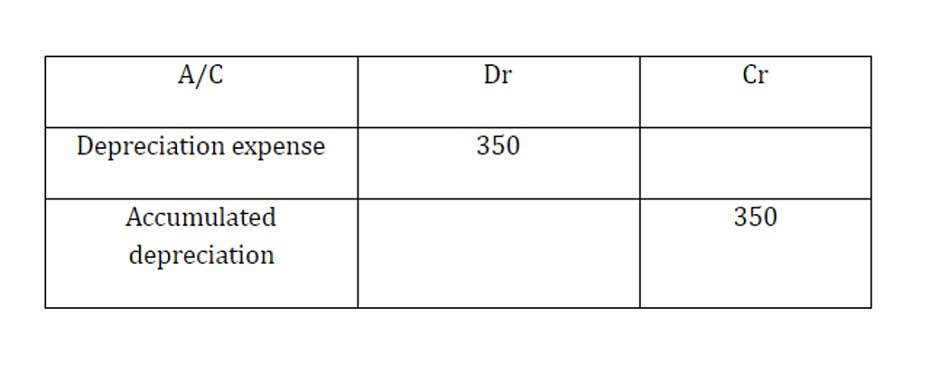
You must analyze the figures to see if you’re making a profit or losing money. With these answers, the ecommerce owner can figure out the best way to proceed with their business. Accounting rules and tax regulations differ by country and state, so staying up to date is crucial to your success.
Efficient Inventory Tracking
- Join tens of thousands of ecommerce brands to get more articles like this and our latest resources delivered to your inbox.
- A physical count involves counting every individual unit you have in stock and making a record of the cost and sale value of each item.
- The break even point, or BEP, is when the company’s revenues and expenses are equal during a particular accounting period.
- Instead of paper records, you can use digital tools and software to track and manage your finances easily.
- One of the most essential aspects of operating an e-commerce business is collecting and paying sales tax.
Over this quarter, you sold 5,000 units of inventory, meaning there was a total of 1,000 unsold. Since your March batch was the last “in,” you can assume the 1,000 unsold units this quarter ecommerce bookkeeping are from the March batch, as everything in the earlier batches was sold first. To get the total cost of your inventory, simply add up the costs of all the items sold in order.
Starts at $399/month
These tedious tasks might not be the most exciting things for small business owners to handle. This is why many ecommerce sellers outsource these tasks for others to do for them. Thankfully, ecommerce accounting is more than just homework for business owners. It’s also the process of gathering all of the information you need to reach your business goals.
- You would need to spend hours each week wading through varied data sets related to your inventory and cash flow, taking away from the time you need to run your business.
- This method takes the average cost of all inventory items sold, no matter when they were acquired, and applies this average cost to all inventory.
- Over this quarter, you sold 5,000 units of inventory, meaning there was a total of 1,000 unsold.
- Two primary accounting methods include cash basis and accrual basis.
- Plus, you’ll have to pay the sales tax you collect from the customers to the right governmental entities.
What are the best bookkeeping practices for ecommerce businesses?

Third-party payment platforms like PayPal can complicate record-keeping. You may sell a product via Shopify, but the payment goes through Stripe. This is an important factor to keep in mind when choosing a bookkeeping app. This document contains all the money coming into the company over a specific period.

Accounting for an online retail business translates to focusing on your inventory and cash flow, while using retail accounting software to help you pick up the slack. This company specializes in accounting and bookkeeping services for ecommerce businesses such as accrual accounting, monthly statement preparation, and profitability analysis. Business accounting requires keeping track of all of a company’s transactions, inventory, and financial data.
- When you do so, you’ll be in control of the different areas of your business and could save some money in the long run.
- These methods use double-entry accounting, where each transaction must have at least two general ledger accounts assigned, which balance and offset each other.
- But more importantly, cash flow shows your gross revenue and net profit.
- There’s a lot of talk about how it’s essential to follow your gut in business.
- An ecommerce accounting system should take into account customer returns and allow you to accept returns without throwing off your financial reports.
- Professional bookkeepers offer expertise, time savings, and accuracy in financial reporting.
How do you do accounting for an ecommerce business?

We’ll keep you updated with the relevant financial data your business requires to run smoothly, limit expenses, and capitalize on new opportunities. With our powerful financial guidance and support, your business won’t just make it, it will thrive. Digitally tracking your transactions empowers you to quickly generate relevant financial statements like your profit and loss statement, balance sheet, and cash flow statement.
- It also serves as a useful record of how your inventory materials are being used.
- Define tax rates, exemptions, and collection rules based on customer location and applicable tax laws.
- Accounts receivable, such as credit card payments, is revenue at the time of the sale.
- You can also choose to become a certified public bookkeeper to market yourself better as a bookkeeping professional.
- The two main options you have are cash accounting and accrual accounting.
- This includes importing sales data, expense details, and inventory information directly into your accounting software.


